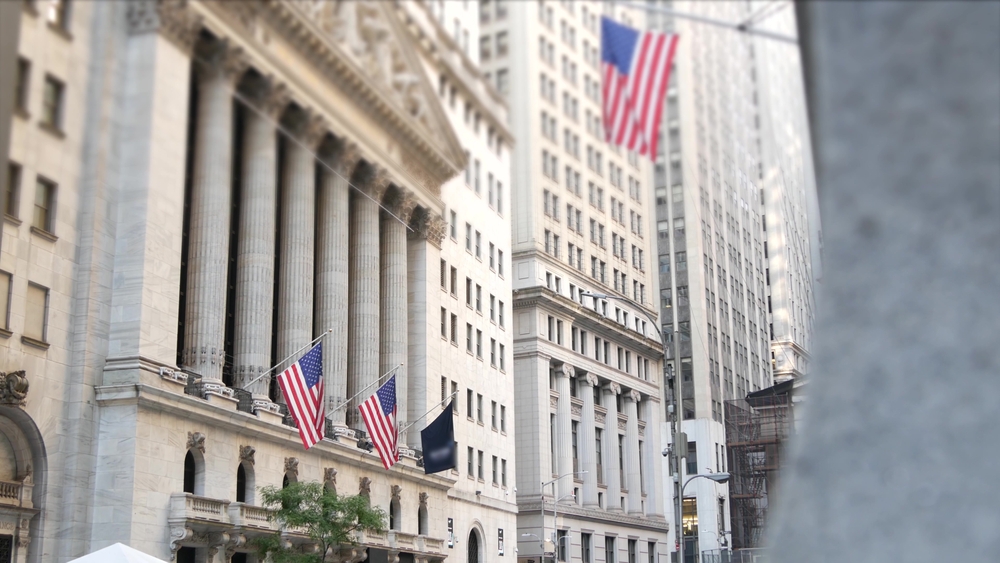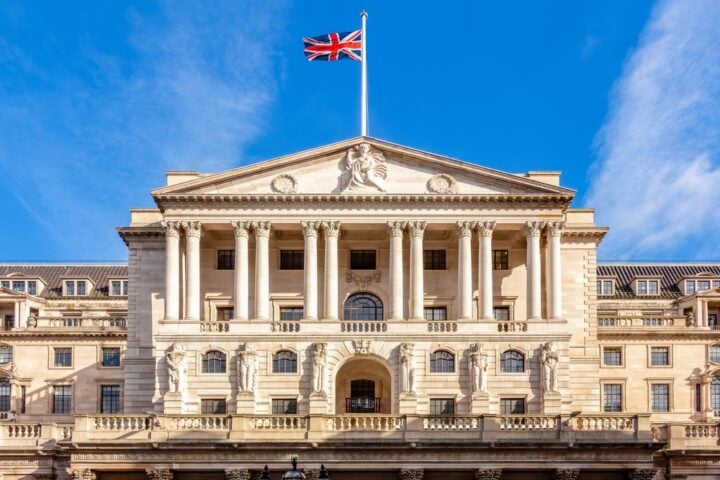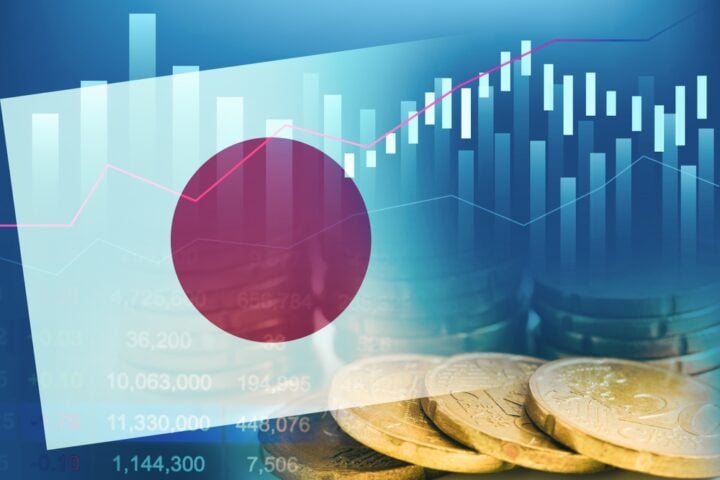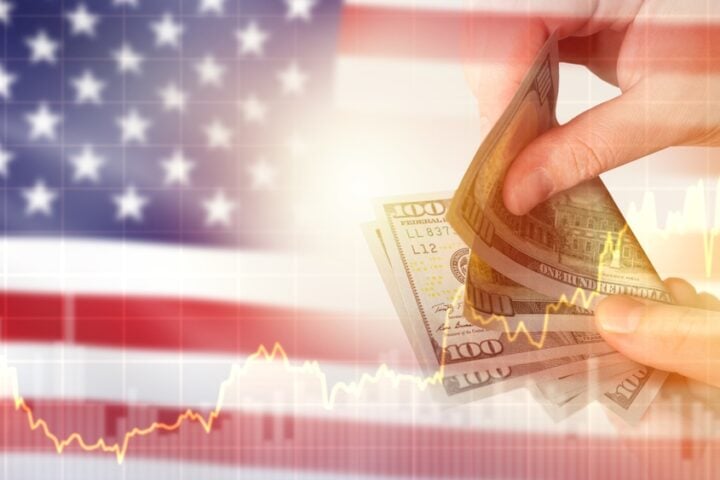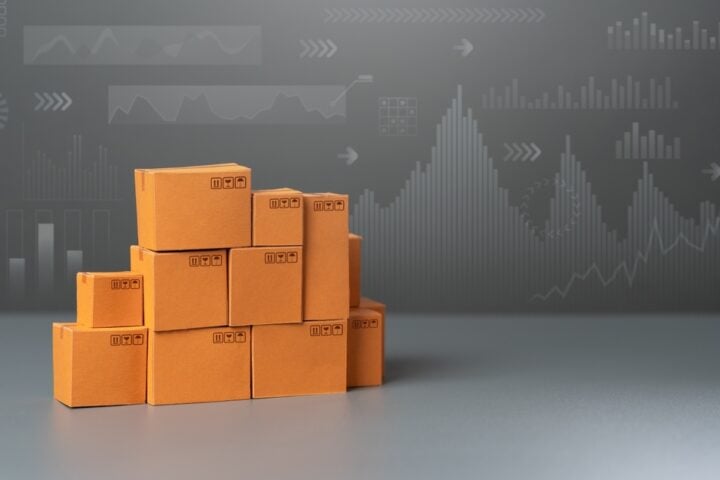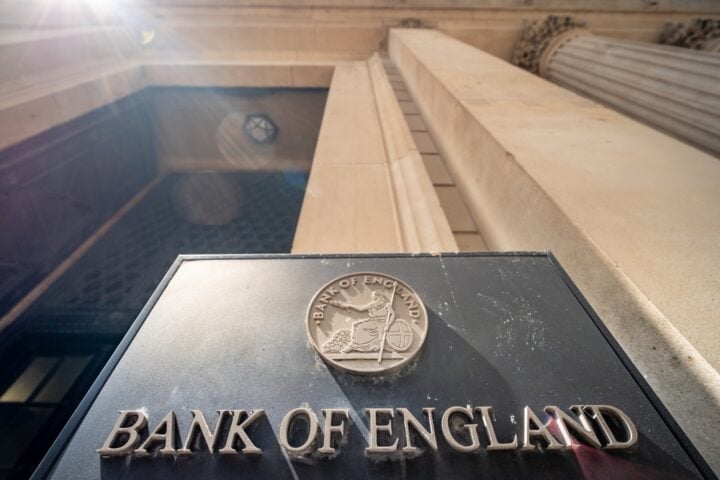Economic outlook dims as inflation fears and Trump policies weigh
Americans are growing more pessimistic about the future of the U.S. economy, with consumer confidence falling to its lowest level in over four years, according to the Conference Board’s latest survey.
The overall Consumer Confidence Index dropped to 92.9 in March from 100.1 in February, driven by rising anxiety over economic uncertainty, inflation, and President Trump’s unpredictable policy agenda.
The Expectations Index, which reflects consumer views on short-term income, business, and job prospects, plunged to 65.2 — a 12-year low — remaining below the key recession threshold of 80 for the second consecutive month.
Financial fears deepen
Yelena Shulyatyeva, senior U.S. economist at the Conference Board, noted a sharp downturn in expectations about personal financial conditions. “Uncertainty around the economic outlook is really starting to weigh on how consumers see their own financial future,” she told Yahoo Finance.
- Inflation expectations jumped to 6.2% in March, up from 5.8% in February
- Only 37.4% of consumers expect stock prices to rise over the next year — the lowest since 2023
- 15.5% of respondents expect lower income in the next 12 months — the highest since Nov 2022
Job security concerns are also mounting. Despite a slight improvement in perceptions of the current labor market, consumers appear reluctant to push for higher wages.
Spending slowdown ahead?
While consumer sentiment surveys point to rising economic anxiety, “hard” data like real consumer spending has yet to reflect a major pullback. Federal Reserve Chair Jerome Powell acknowledged the disconnect during a March 19 press conference:
“There have been plenty of times where people say very downbeat things about the economy, then go out and buy a new car,” Powell said. “But we don’t know that will be the case here.”
Jefferies economist Tom Simons flagged the trend in a client note, warning that consumers’ caution “suggests a lack of confidence in job security,” but also noted that levels haven’t yet hit a tipping point for major shifts in behavior.
Mixed signals from economists
Despite weakening sentiment, economists remain split on the real risks. Morgan Stanley’s chief global economist wrote on Sunday that recession fears are “probably overdone,” pointing to February’s rebound in retail sales as a sign of continued resilience.
Confidence is eroding rapidly, but it’s still unclear whether sentiment will lead to actual declines in consumer spending. The Fed and markets are watching closely — and any sustained downturn in confidence could mark a turning point for the U.S. economy.


